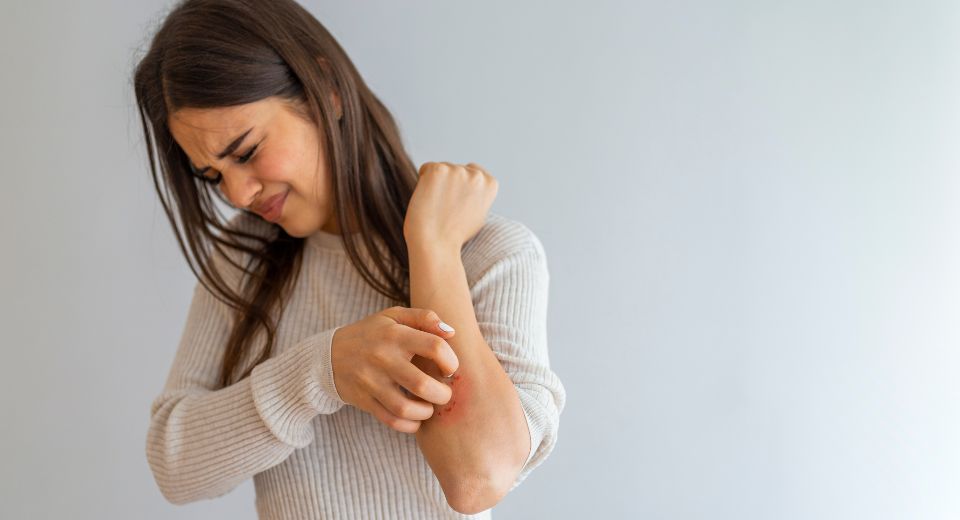August 1st, 2022
Blogs by Doctors
4 Minute Read

Share On Your
Favorite Platform
Favorite Platform

Get Notified of
New Content
New Content





